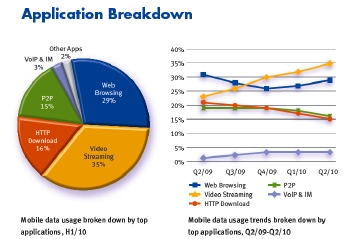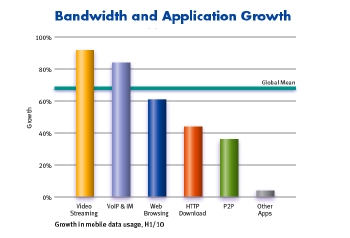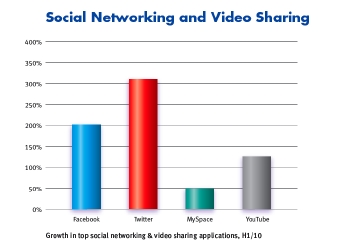The creation of large scale companies in the BSS space continues with the proposed acquisition by CSG of Intec Systems. Intec executives themselves were keeping fairly tight-lipped about the reasons for the sale – but claimed it would create the second largest BSS player in the comms industry.
On the one hand, it looked as if the company was admitting that it was finding things tough in the market as an independent player, and welcomed a new home from which to do business. Some major investors, as well as the board, are committed to voting for the deal on those terms.
On the other hand, there were enough analysts on hand to say that the deal undervalues Intec to lead one to think that perhaps the company had been a little hasty in accepting the hand of this particular suitor.
In any event, there’s little doubt that with Amdocs having been on a large acquisition road, and IBM showing similar consolidation, that on the supply side it is now necessary to operate within an economy of scale. There may be less room for the smaller software company with a niche to focus on – at least ones that operate independently.
That said, up popped Ontology Systems, a company I was first introduced to three years ago at Management World in Nice, scoring a nice deal with MBNL. To be frank, I didn’t understand half of what Benedict Enweani, Ontology’s CEO was telling me (yes, I know, what’s new there, etc) but he was convinced that Ontology’s approach to data management would be increasingly important to operators faced with the twin problems of managing increasing amounts of network data and information, and the need to act more responsively to customers. He may have been right.
And with that in mind, it’s worth casting a glance at some numbers from Allot Communications that find that mobile video is now responsible for 35% of all mobile data bandwidth. I was told today that in fact that number may be 70% at some operators. This is likely to make video optimisation technologies an attractive fix for operators. But only in the short term. In the long term, operators know they will have to move to a model that offers different rates or quality of video, at different times.
But that doesn’t mean the end of flat rate. Indeed at Mobile Broadband World today, Zubair Minto, Head of Planning and Global Strategy, Vodafone Hutchison Australia, described flat rate as “the future”. Customers want it, he said, and it adds a high perceived value. Or perhaps I just didn’t understand…
Keith Dyer
Editor
Mobile Europe
http://www.mobileeurope.co.uk/news/news-anaylsis/8145-csg-makes-bid-for-intec
http://www.mobileeurope.co.uk/news/press-wire/8152-mbnl-selects-ontology-systems
http://www.mobileeurope.co.uk/news/news-anaylsis/8150-youtube-grows-share-of-mobile-data-bandwidth
http://www.mobileeurope.co.uk/news/news-anaylsis/8142-consumers-place-trust-in-operators-on-mobile-ads
http://www.mobileeurope.co.uk/news/news-anaylsis/8141-want-an-i-pad-roaming-tariff-
WEBINAR https://www1.gotomeeting.com/register/850992737





